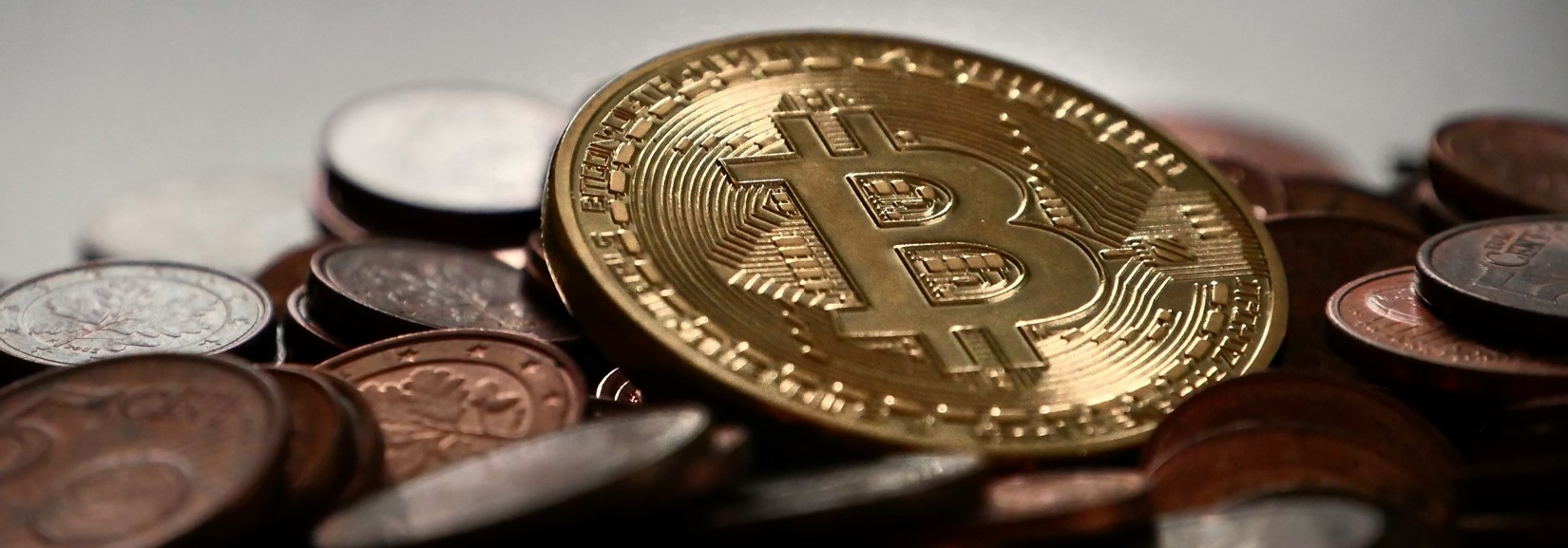
Introduction
There has been a lot of discussion around Blockchain, but is the hype justified? Blockchain is a disruptive technology that could bring tremendous changes in the banking industry and could potentially save banks in cash. If blockchain is fully adopted in the financial services, it will enable banks to process payments more quickly and accurately, whilst also reducing transaction processing costs and creating new revenue streams, from innovative services and products.
According to Harvard Business Review, blockchain will have as a big impact on banks as the Internet had on media; that is overhaul its processes and potential. The change is already happening, as these stats reveal: 60% of financial organizations plan on using Blockchain for international money transfers, 23% for security clearing and settlement and 20% for Know Your Customer (KYC) regulations and anti- money laundering services. Also, a recent World Economic Forum report predicts that by 2025 10% of GDP will be stored on blockchains or blockchain-related technology.
The Benefits
Banks are now presented with a can’t-miss opportunity; bringing operational, finance and risk systems to blockchain-based platforms. This repointing will enable the decommissioning of large parts of their process and data infrastructure. Τhis transition will inevitably take time and a lot of trial-and-error to achieve, yet banks need to persist because the benefits can be immense.
- Banks using blockchain may reduce fraud because most banking systems around the world are built on centralized databases that are vulnerable to cyberattack.
- Financial institutions will keep up with KYC and customer due diligence regulations that decrease money laundering and terrorism activities by having requirements for businesses to verify and identify their clients. This independent verification of one client by one organization to be accessed by other organizations will reduce administrative costs for compliance departments.
- Banks could have smart contracts because blockchain can store any kind of digital information including computer code that can be accessed by one, two or more parties.
- Blockchain could enable higher security and lower costs for banks to process payments because it would eliminate the need of a lot of intermediaries in the payment processing system.



